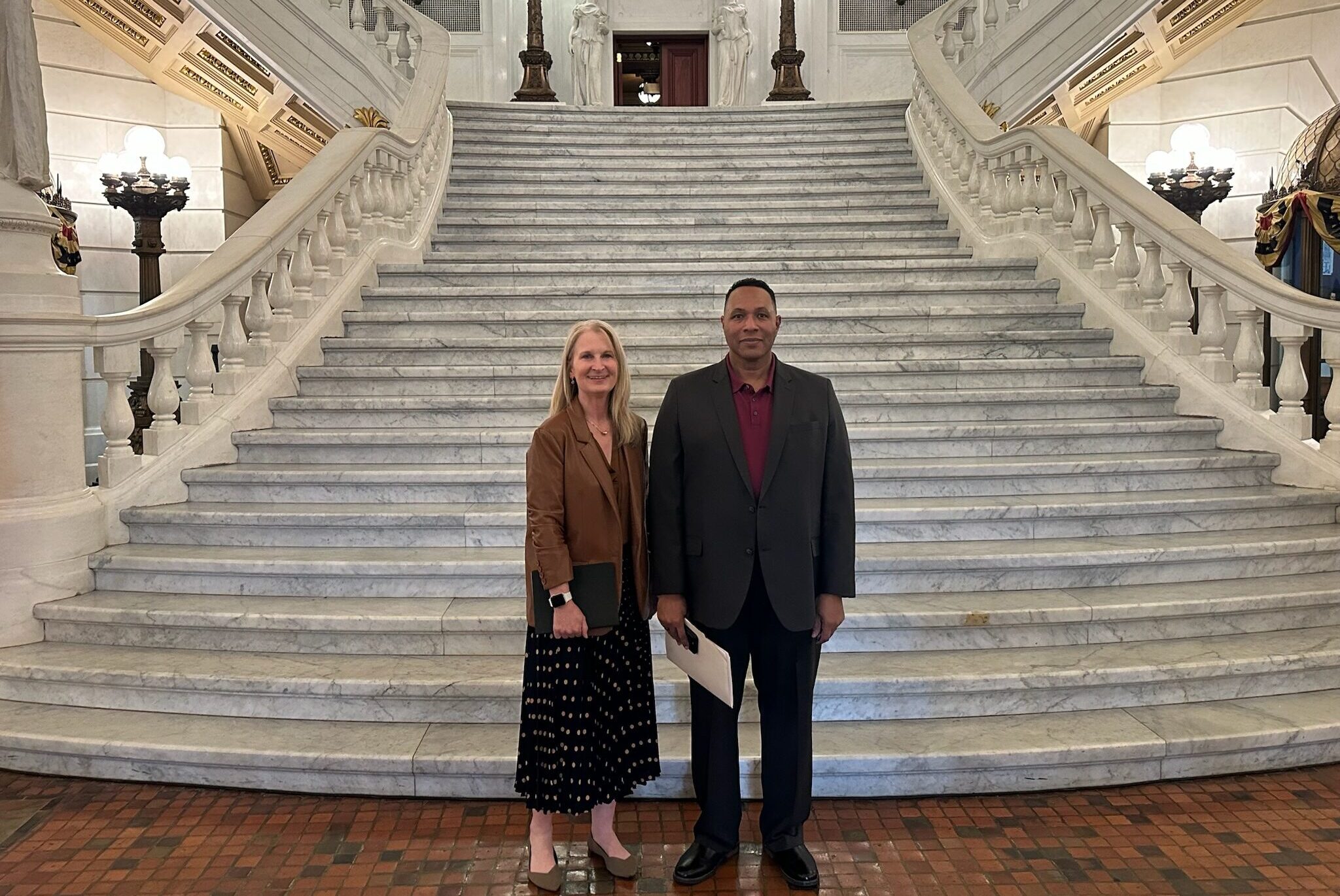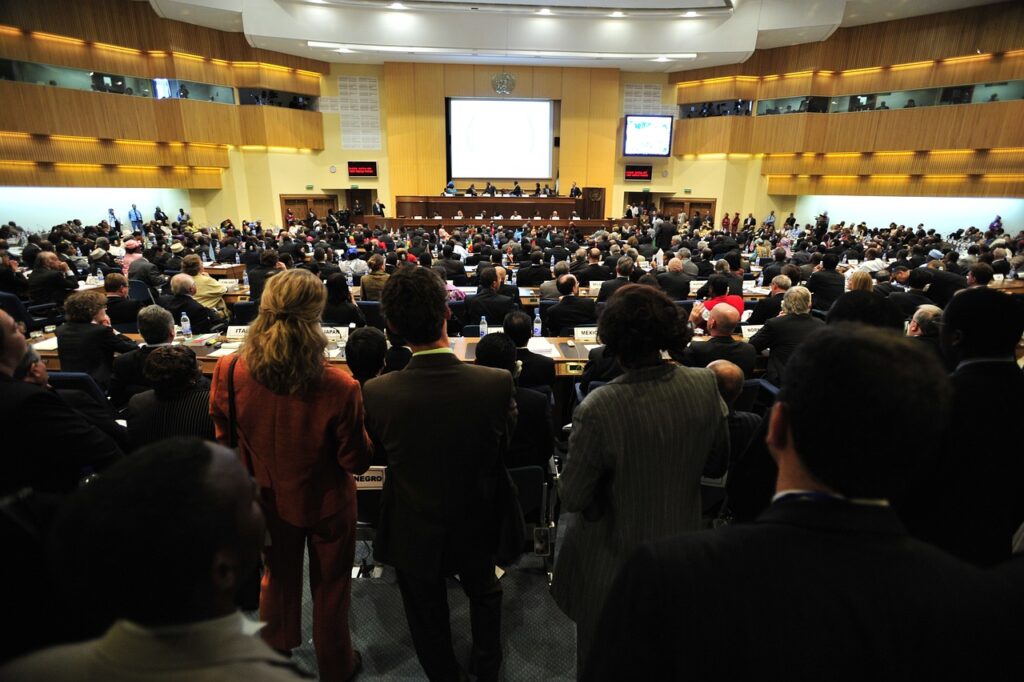ADVOCACY
PCCYFS advocates for Pennsylvania’s children’s service providers, addressing key issues like workforce support, fair funding, and liability protections. Through legislative wins and ongoing public policy efforts, PCCYFS strengthens resources for providers and the families they serve. Members can stay involved through campaigns, updates, and advocacy initiatives focused on meaningful change across communities.

PCCYFS Bill Tracker
PCCYFS members can click below to explore active bills, follow their journey through each stage, and join a growing movement for real-time change that impacts our communities and drives a better future for everyone.
Bill Tracker


PCCYFS Advocacy Wins
PCCYFS speaks as a united voice on behalf of children’s services providers in Pennsylvania, with a track record of success. Below is a brief summary of some legislative, regulatory, or otherwise important wins for providers as advanced primarily by PCCYFS. Help PCCYFS continue this life-affirming work, by supporting us here.
- Liability Insurance Legislation: PCCYFS’ leadership led to the passage of Act 127 (House Bill 2214) of 2022, a law that makes void or unenforceable language in county contracts that seek to shift all liability to the provider, regardless of who is at fault. PCCYFS also supported our members in the implementation of this change by holding a webinar with insurance industry leaders.
- Increased Funding that Goes to Providers: PCCYFS’ advocated for $500,000 in grant funds from American Rescue Plan Act funding for providers to be administered through the Pennsylvania Commission on Crime and Delinquency, instead of through counties. This grant was released in October of 2022.
- Local Workforce Advocacy: PCCYFS’ Philadelphia Child Welfare Workforce Task Force’s report of recommendations, informed by over 280 child welfare workers, resulted in a hearing with the Philadelphia City Council Children and Youth Committee. Philadelphia DHS also committed to increase starting CUA caseworker salaries to $60,000 and commit additional funding to foster care providers. DHS also made significant changes to their foster care evaluation tool as a result of this Task Force’s recommendations.
- A Provider Voice at the Federal Level: PCCYFS was the only statewide association assisting in initial planning calls with the Association of Children’s Residential Centers (ACRC), representatives of the White House, and the Health and Human Services Administration for Children and Families (ACF) leaders, to advance a federal initiative supporting the housing and trauma-informed care needs of unaccompanied migrant children who have crossed the border. The initiative led to over a hundred providers supporting thousands of children in residential or foster/resource family settings across the country.
- Budgeting Tool for Improved Coordination: For providers that contract with multiple counties, the establishment of a single budgeting tool was critical to communicate financial needs in an acceptable way. PCCYFS advocated for a single tool that counties now accept for rate negotiations and that state now looks for in justifying budget increases. Every year, PCCYFS works with its partners to allow hold a training to help hundreds of provider and county professionals better communicate their budgetary needs.
- COVID-19 Pandemic Wins: Throughout the COVID-19 Pandemic, PCCYFS was in regular communication with the state departments that fund, license, and oversee the work of our providers. Some advocacy wins throughout that time include:
- PCCYFS requested a blanket waiver of the provisions that outline deadlines, staffing requirements, and other provider responsibilities that were impacted by COVID-19. The Pennsylvania Department of Human Services (DHS) Office of Children, Youth, & Families (OCYF) released guidance suspending certain regulatory requirements, in alignment with PCCYFS’ request.
- Pennsylvania DHS offered additional time for providers to submit information to become a Specialized Setting.
- OCYF postponed implementation of the standardized statewide time study process for Title IV-E providers.
- PCCYFS participated in COVID-19 Disaster Planning Meetings alongside Pennsylvania DHS.
- PCCYFS provided feedback to the House Children & Youth Committee regarding the ways in which COVID-19 has impacted children’s services providers, especially as the state began to open up and transition to the “new normal.”
- State Waiver to Support Rate Negotiations: Pennsylvania DHS has waived the requirements §3170.84(a)(2), as requested by PCCYFS on behalf of the private provider community. This waiver allows providers to more openly and fairly negotiate rates for purchased services on an individualized basis.
Public Policy Committee
PCCYFS’ public policy priorities and activities are managed through the Public Policy Committee of the Board of Directors. The Committee meets regularly, and our meeting schedule can be found on our Events Calendar.Advocacy
Public Policy Priorities
One of the primary benefits that PCCYFS offers is advocacy on behalf of its members. Whether advocating for or opposing the passage of legislation, PCCYFS is the premier association keeping children’s services providers at the forefront. PCCYFS’ lobbying efforts raise the profiles of the frontline issues providers face every day and are guided by our topline public policy priorities, outlined below.
Workforce Development: better support for the child-serving workforce to alleviate the overwhelming recruitment and retention challenges our members face.
Funding Structure: Identify a fair and equitable funding structure to support the unique services that our members provide, while also minimizing duplication of these limited resources.
Liability Insurance: meaningful solutions to diminish the stresses and imbalances that skyrocketing liability insurance costs impose upon our members.
Read more about our public policy priorities here or join our advocacy efforts by subscribing to our email alerts.

